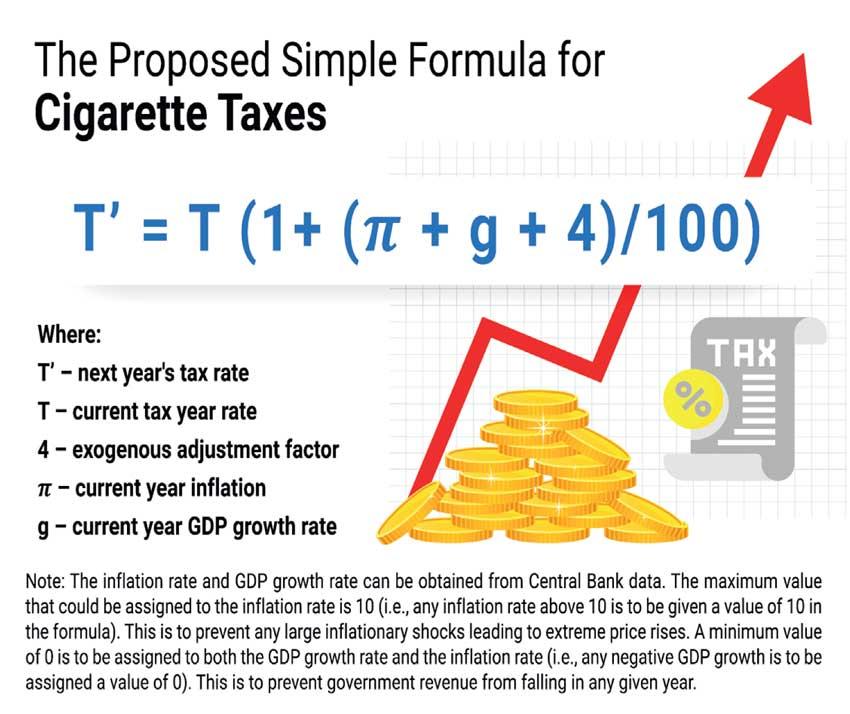Reply To:
Name - Reply Comment

The upcoming 2023 national Budget must entail policies, which automatically links tobacco taxation rises with the size of the economy and inflation, the Colombo-based think tank, Institute of Policy Studies (IPS) said.
By taxing tobacco, the economic think-tank pointed out that the island nation can boost government revenue without threatening economic growth.
The government is expected to present the 2023 Budget to parliament on November 14.
“The 2023 Budget should introduce a model of indexation which automatically links tobacco taxation rises with the size of the economy and inflation. This would raise substantial additional revenue from the excise tax on cigarettes,” the IPS argued in its latest analysis on tobacco taxation.
The time is just right for the government to actively explore and implement this option given that the current economic crisis and the intense pressure on the health system means there is no better time to raise tobacco taxes in Sri Lanka.
Among the benefits of increasing tobacco taxes is the generation of additional revenue for the government,
widespread support among the public for an increase in tobacco taxation, and the reduced burden on Sri Lanka’s struggling health system.
“A tax targeting a ‘sin product’ like tobacco will contribute to the government’s ongoing efforts to help raise revenue without increasing the costs of essential goods at a critical time for the economy,” IPS said.
The WHO Framework Convention on Tobacco Control (FCTC) recommends simple, inflation-adjusted taxes to reduce tobacco use and prevalence. Sri Lanka did, in the past, take several positive measures to control tobacco use, including tax increases leading to significant revenue boosts for the government as public health benefits for the population. However, the tobacco taxation practices that are in place are rather complex.
Cigarettes in Sri Lanka are taxed at five different excise duty rates based on the length of the cigarette. Tobacco taxation has also not kept pace with inflation and per capita income, which has made cigarettes more affordable.
To help mitigate the current fiscal difficulties, IPS, in an ongoing study, recommends the introduction of a single tax for cigarettes of all lengths, which is adjusted annually according to inflation and GDP growth. Doing so will make cigarettes less affordable to the youth and the poor, the think-tank said.
“Given the current economic crisis and considering that cigarette taxes have not been revised systematically over time, the government could use this opportunity to introduce a simple formula to raise taxes to attain the twin benefits of improved health and fiscal outcomes,” IPS proposed.